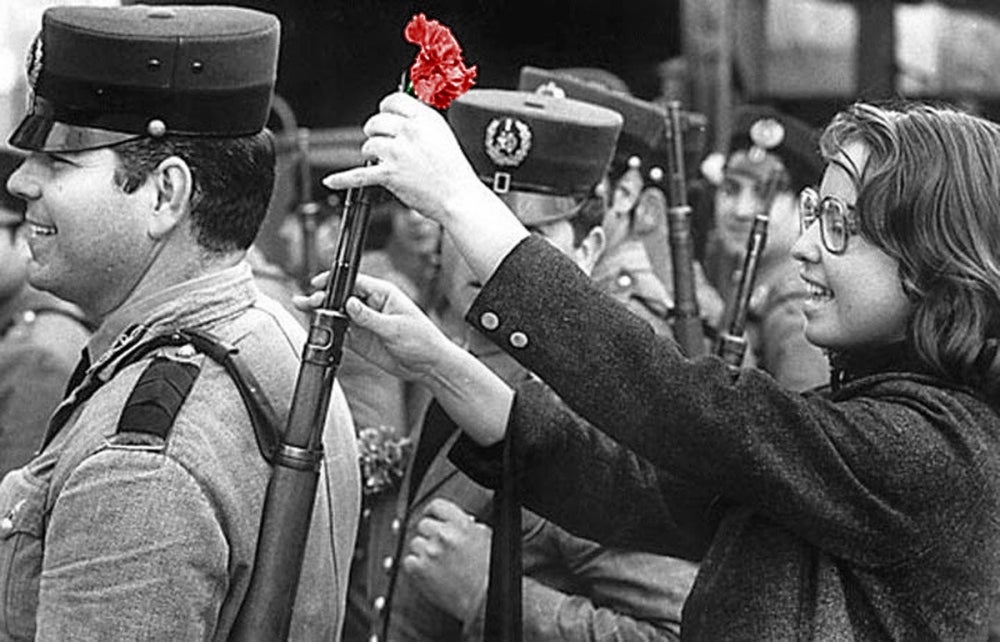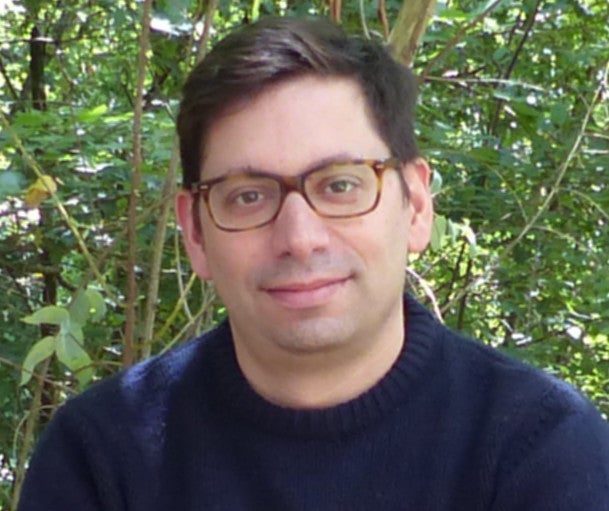
Celebrating Liberty

Coups de’état tend to be nasty affairs marked by violence and bloodshed. Portugal’s Carnation Revolution proved to be one of the few exceptions. On April 25, 1974, military officers overthrew the country’s authoritarian government after nearly 50 years of rule. The coup took its name from the flowers given to soldiers after thousands of people took to the streets in celebration.
On Monday, April 25, the 48th anniversary of the coup, UC Santa Barbara’s Department of Spanish and Portuguese and the Center for Portuguese Studies will present “Celebrating the Carnation Revolution: New Dawns for the Spirit of April.” The event, featuring distinguished speakers, will take place from 9 a.m. to 1 p.m. in Mosher Alumni House.
André Corrêa de Sá, an assistant professor of Portuguese and Spanish, pointed out the revolution paved the way for the construction of a liberal democratic society that thrives to this day.
“For Portuguese society,” he said, “the 25th of April remains a pillar of modern citizenship. The main issue we want to address at this event has to do with the ways in which this rich legacy can encourage younger generations to put forth a vision of a more democratic and egalitarian society.”
Here’s a look at the speakers for the event:
• Manuel Alegre is one of the most celebrated Portuguese poets. He won the Camões Prize, the most important award for Portuguese literature, in 2017. He actively participated in the resistance to the dictatorship, and several of his poems were turned into songs, becoming anthems of the resistance movement.
• Anabela Mota Ribeiro is an acclaimed cultural journalist and writer, who currently hosts “Os Filhos da Madrugada,” a TV interview show with guests who represent the generation born and raised in democratic Portugal. The series aims to present an account of contemporary Portugal, 48 years after the revolution.
Additional speakers include Pedro Pinto, the Consul General of Portugal in San Francisco, and Diniz Borges, director of the Portuguese Beyond Borders Institute at Fresno State University, one of the most active members of the Portuguese American Communities in the U.S.



